Manchester attack: 'Communication breakdown' delayed fire crews
- Published
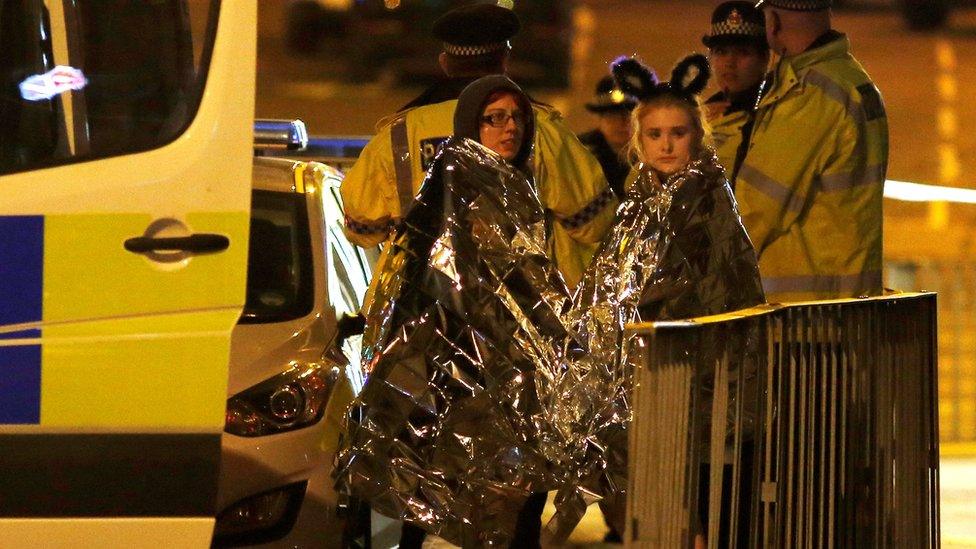
Two women wrapped in thermal blankets stand near the Manchester Arena after the attack
A breakdown in communication led to a near two-hour delay in sending fire crews to the scene of the Manchester Arena attack, the BBC understands.
They were deployed to the Ariana Grande gig on 22 May one hour 47 minutes after Salman Abedi killed 22 and injured 512.
A report leaked to the Manchester Evening News, external claims the fire service waited until it knew there was no further terror threat.
Greater Manchester fire service said it will not be commenting on the leak.
The leaked report is an internal investigation by the Fire Brigades Union and Greater Manchester fire service for Lord Kerslake's inquiry examining how the emergency services responded to the attack.
The BBC understands the document includes:
County Fire Officer Pete O'Reilly was not informed the bomb had gone off for 35 minutes
Fire brigade bosses followed protocol by not deploying crews due to the potential risk of a second terrorist incident
The brigade claims it did not know until nearly two hours after the attack that the threat had been lifted
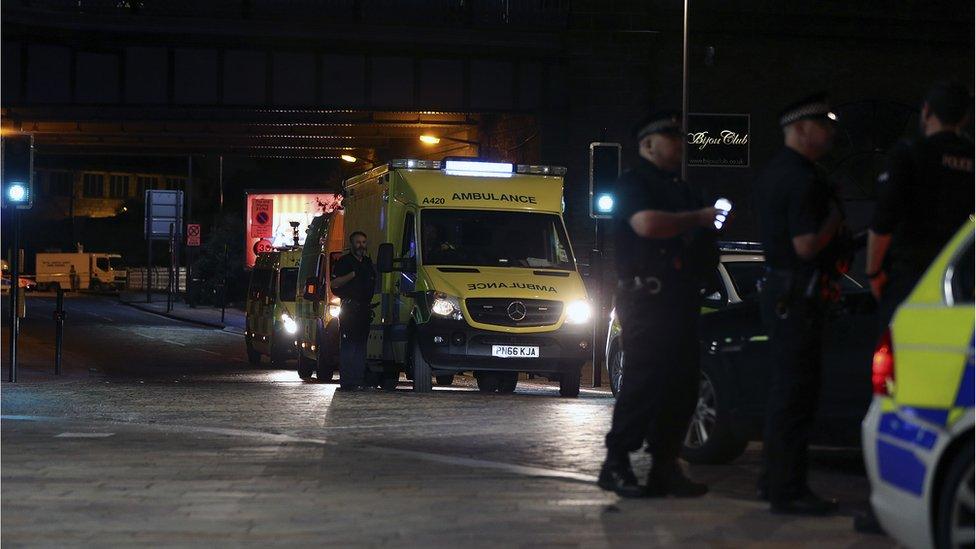
Only three paramedics ever entered the cordoned-off foyer area at the centre of the blast, the BBC has been told
A firefighter who was on duty on the night has told the BBC they wanted to help but senior management from the fire service did not send them to the scene.
"I don't want people - the public - to think that we didn't want to go or we were scared to go. We were held back by the senior management," the firefighter, who wants to remain anonymous, said.
The fire service said it would not comment on the findings until Lord Kerslake had delivered his official inquiry.
It earlier said it had conducted a "debrief" of its response, but it would be inappropriate to comment further given the fact it was co-operating with an ongoing review by Lord Kerslake into the Manchester attack, commissioned by Greater Manchester Mayor Andy Burnham.
Emergency services outside the Manchester Arena after this year's bomb attack.
Eight days after the bombing, Greater Manchester Police Chief Constable Ian Hopkins said the fire and ambulance services initially went to a rendezvous point as per standard practice.
He said his force had been on the scene "within seconds" and had contacted North West Ambulance Service within three minutes of the incident being declared.
Many of the most seriously injured victims did not get expert medical help for more than an hour, witnesses have said.
Only three paramedics ever entered the cordoned-off foyer area at the centre of the blast, the BBC has been told.
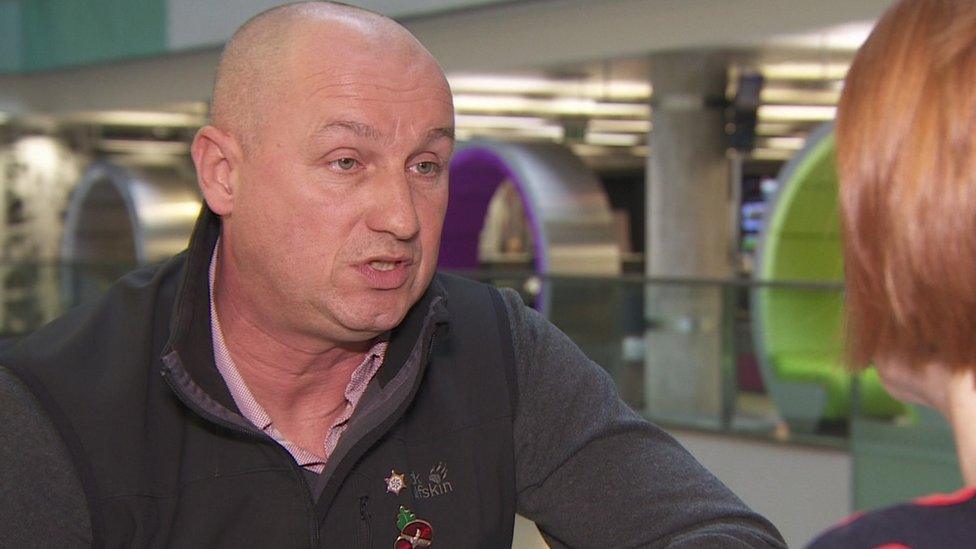
Kirk Cornwall said a training exercise in 2016 highlighted similar issues
There was also a delay with the response during a counter-terrorism training exercise at the Trafford Centre 12 months before the Arena bomb, according to a retired former senior member of the Greater Manchester Fire and Rescue Service.
Kirk Cornwall, who was an official assessor at the exercise, said: "I ran an exercise at the Trafford Centre.
"I was there as one of the observers/assessors, and a similar thing occurred there where the pre-organised exercise started at midnight and it was around about 02:00 to 02:30 before emergency services personnel laid hands on a casualty purely through a breakdown in communication.
"In relation to debriefs for the majority of incidents - not just by the fire service but the emergency services - one term that keeps coming up every time is communication."
- Published6 November 2017
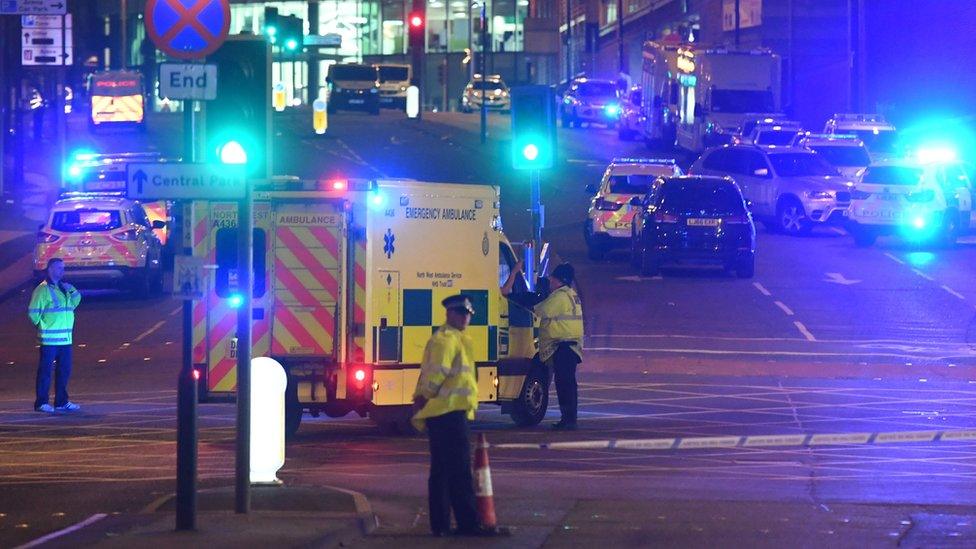
- Published13 May 2016

- Published6 November 2017
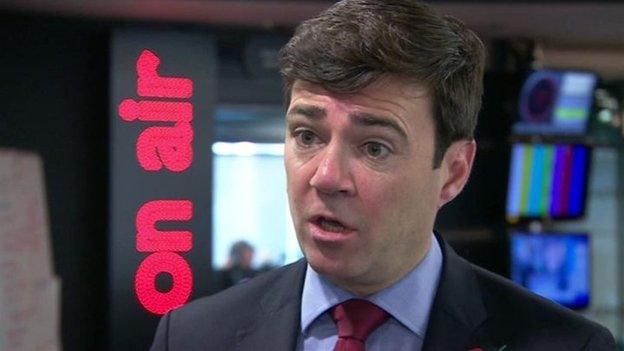
- Published2 November 2017
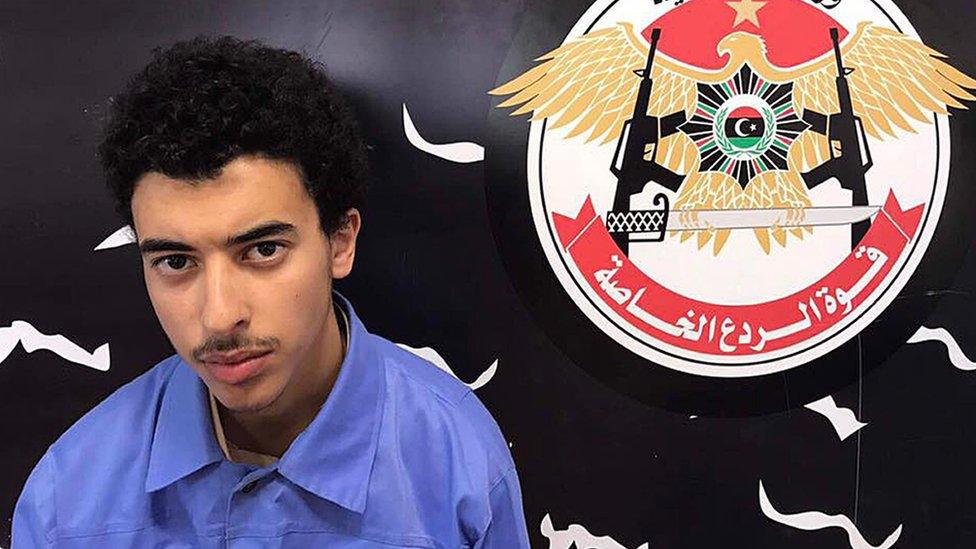
- Published6 October 2017
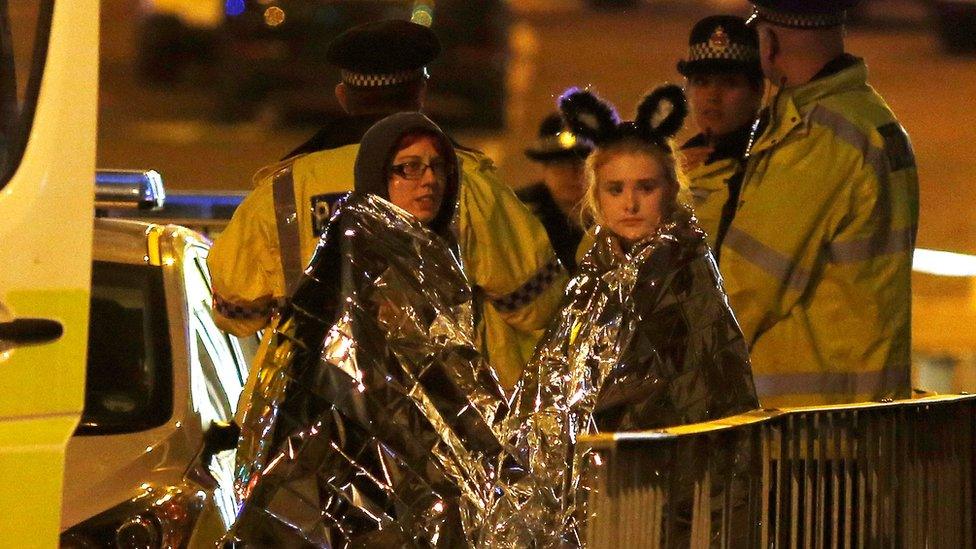
- Published4 September 2017
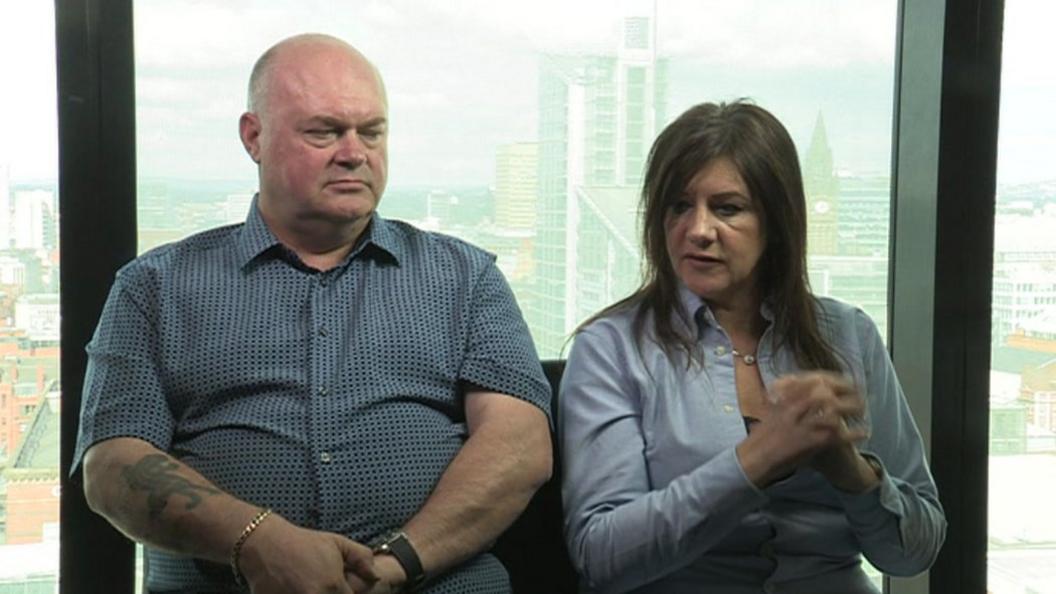
- Published29 July 2017
